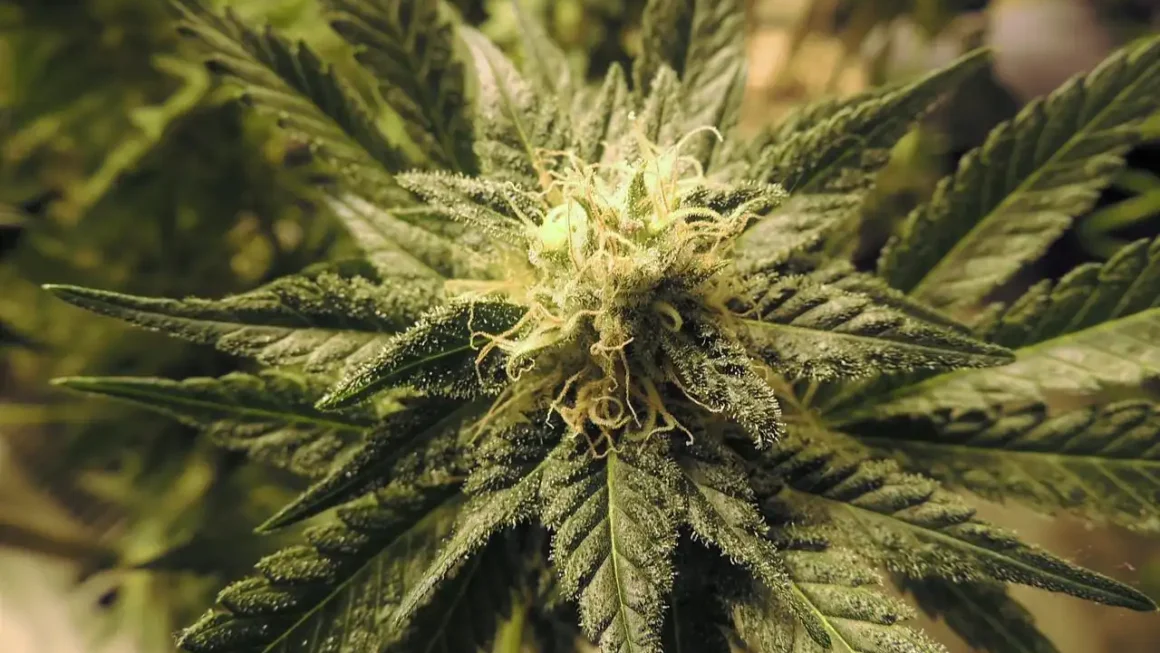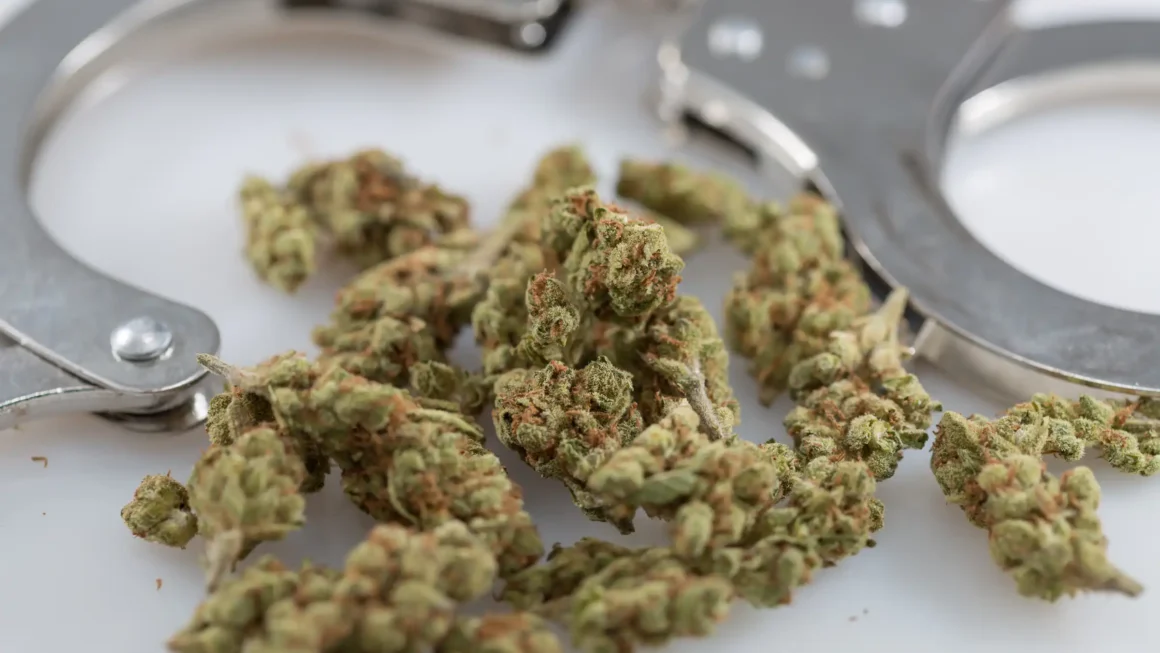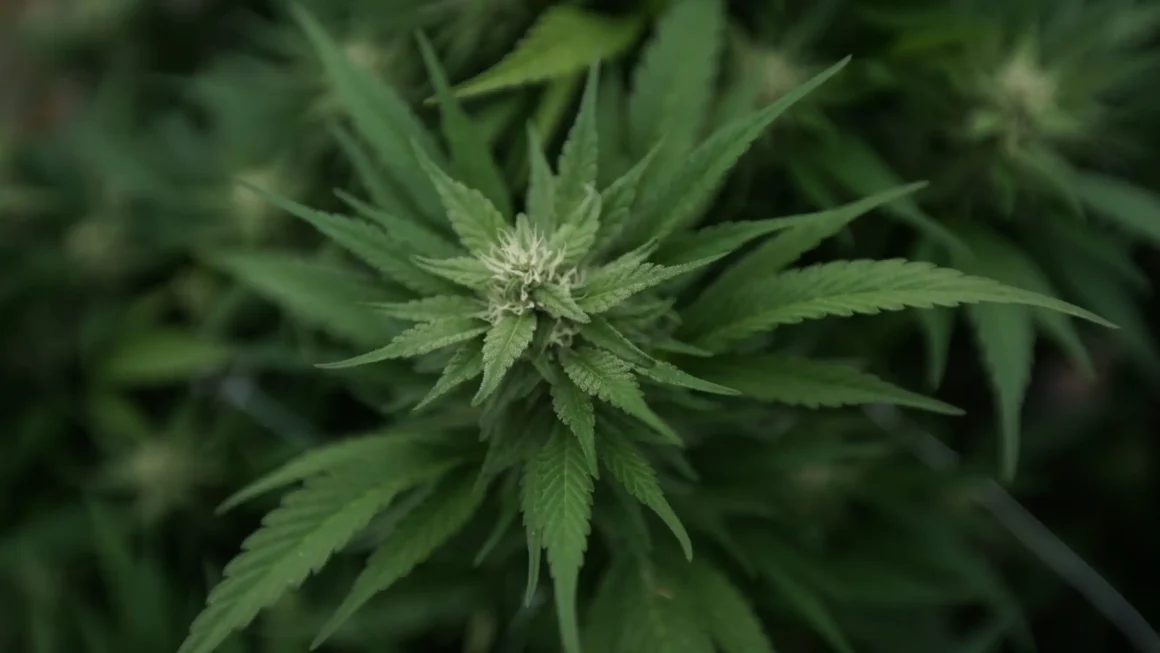“To constitute a violation…marijuana in a vehicle must be of a usable quantity, in imminently usable condition, and readily accessible to an occupant.”
By Nigel Duara, CalMatters
This story was originally published by CalMatters. Sign up for their newsletters.
When it comes to impaired driving and the state’s open container law, a rolled and ready joint is more like a can of beer in giving police cause to search a car than a few crumbs of marijuana, according to the California Supreme Court.
The court’s reasoning: You can smoke a joint and drink a beer, but loose marijuana isn’t readily consumable.
In a ruling handed down on Thursday, the high court ruled that police must find marijuana in a condition that’s ready to be smoked if they are going to charge a driver with an open container violation.
“We hold that at a minimum, to constitute a violation of [the open container law], marijuana in a vehicle must be of a usable quantity, in imminently usable condition, and readily accessible to an occupant,” wrote Associate Justice Goodwin Liu in a unanimous opinion.
Loose marijuana found on a car’s floorboards is like spilled beer, the court ruled.
“In assessing whether the marijuana is imminently usable or readily accessible, courts should consider whether the marijuana could be consumed with minimal effort by an occupant of the vehicle,” the court found.
The ruling reversed a magistrate judge, trial court and the California Court of Appeal, which had all agreed that the loose marijuana constituted an open container violation and gave police cause to search a vehicle.
Recreational marijuana has been legal in California since 2016 when voters passed an initiative allowing it. It remains illegal under federal law.
The case at issue was out of Sacramento, where police officers stopped a car and searched it, finding 0.36 grams of marijuana crumbs on the floorboards of the backseat, along with a tray on which to roll joints. The driver hadn’t been driving erratically, her registration and license were unblemished and she had no warrants out.
“No officer suggested he was concerned that [the driver and passenger] could have somehow, while riding in the front of the car, collected the scattered bits of marijuana from the rear floor behind [the passenger] for imminent consumption,” the court ruled. “Nor was there evidence of paraphernalia, such as matches, lighters, rolling papers, blunts, or vaporizers, that could facilitate the marijuana’s consumption.”
The Supreme Court also found that the officers did not have probable cause to search the car in the first place. The police had argued that the driver’s nervousness and possession of a rolling tray was sufficient to search the car, an argument the court rejected.
This article was originally published on CalMatters and was republished under the Creative Commons Attribution-NonCommercial-NoDerivatives license.






